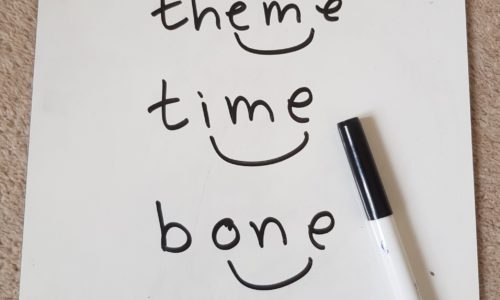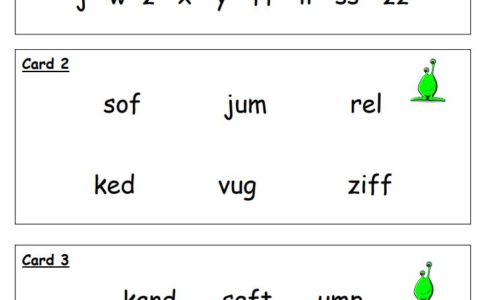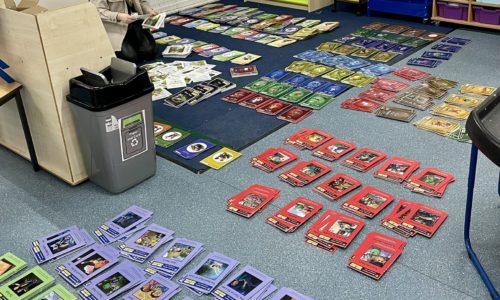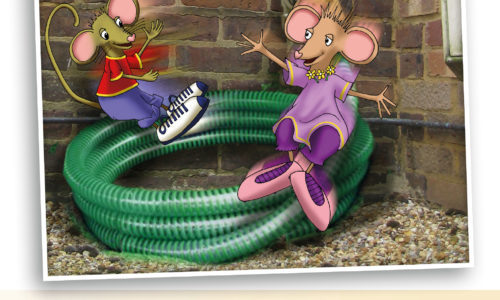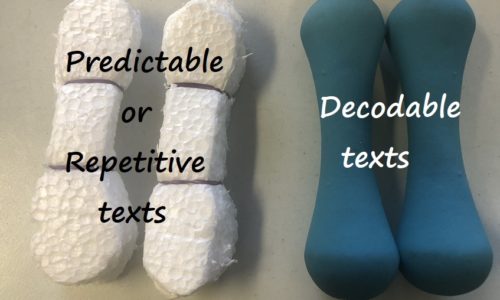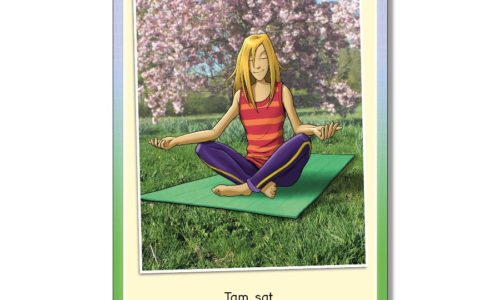
Here at Phonic Books we have been publishing decodable books for beginner and catch-up readers for seventeen years. During those years we attended many conferences and education shows. When discussing whether our books were suited to students with SEND, we always deferred to the teachers working in SEND settings. While we were confident teaching dyslexic […]
Read More

